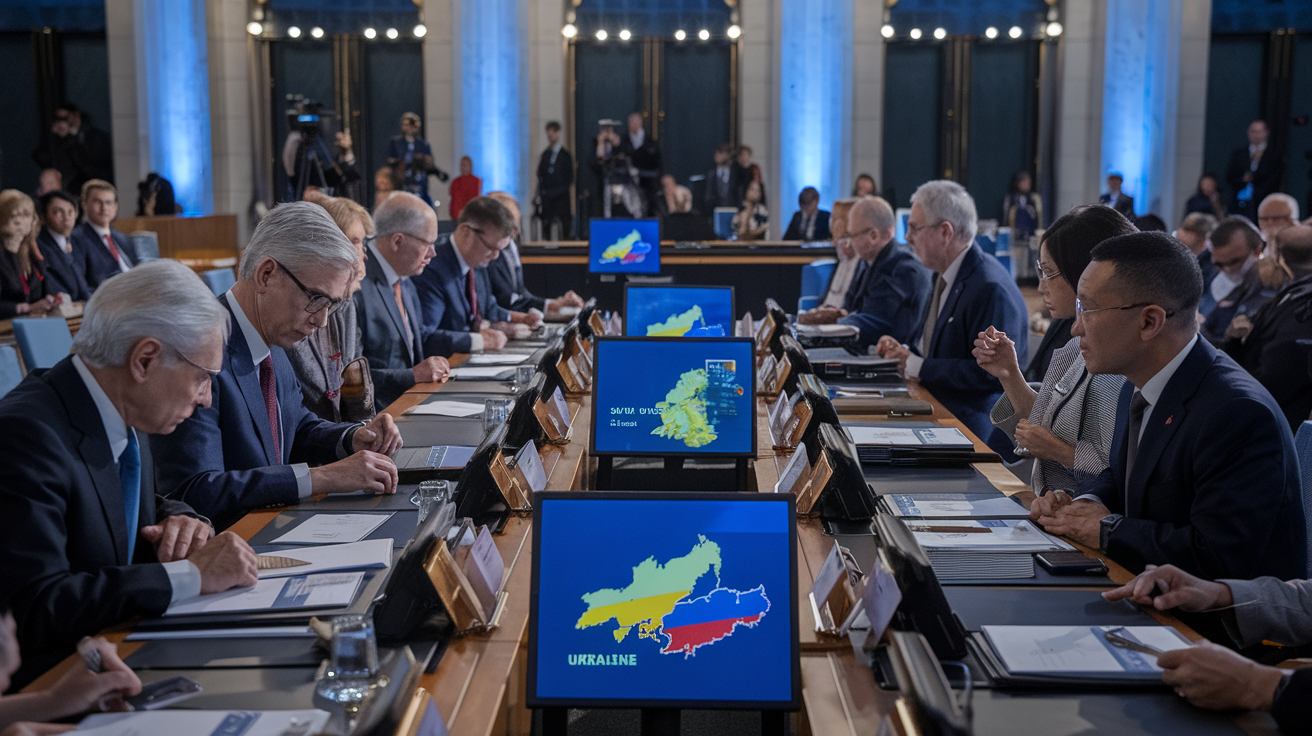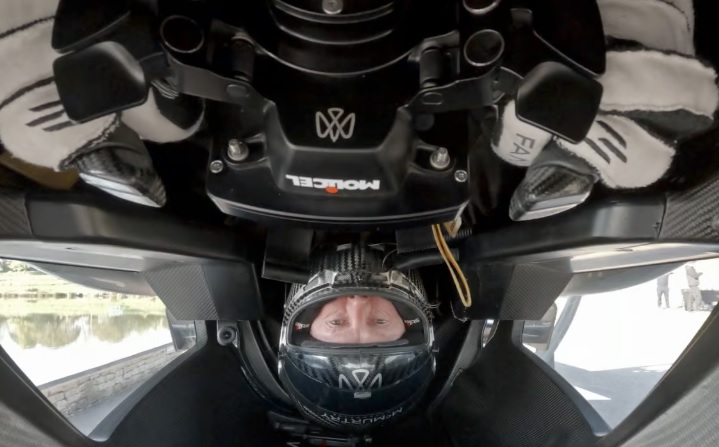In a historic diplomatic development, direct peace talks between Russia and Ukraine have begun in Istanbul—the first such dialogue in three long years of conflict. While Presidents Putin and Zelensky remain absent, Ukrainian Defense Minister Rustem Umerov and Kremlin aide Vladimir Medinsky have taken seats at the negotiation table, with Turkey’s Foreign Minister Hakan Fidan serving as chairperson. As Ukraine declares readiness for a “complete and unconditional ceasefire,” the world watches with a mixture of hope and skepticism. 🕊️
What makes these talks particularly significant is their timing and context. They unfold against a backdrop of continuing hostilities, with Ukraine reporting Russian attacks even as discussions proceed. With German leadership announcing new sanctions against Russia and U.S. Secretary of State Marco Rubio suggesting that real progress depends on direct Putin-Trump engagement, the stakes couldn’t be higher. As we explore the Istanbul talks, immediate demands from both sides, and the complex web of international involvement, one question remains central: is this a genuine pathway to peace, or another diplomatic chapter in an unending conflict?
The Istanbul Talks: First Direct Peace Negotiations in Three Years
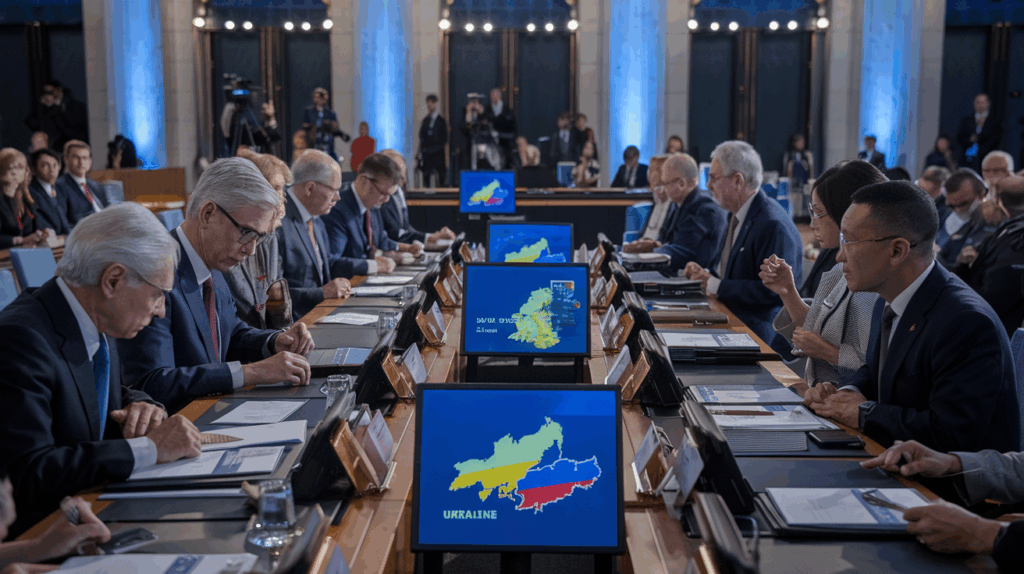
Immediate Goals and Demands
A. Ukraine’s push for “complete and unconditional ceasefire”
With the Istanbul talks establishing a framework for direct negotiations, Ukraine has made its position clear by demanding a “complete and unconditional ceasefire” before substantive discussions can proceed. President Zelenskyy has emphasized the need for a “complete, lasting and credible” ceasefire starting May 12, rejecting Russia’s proposal for a temporary cessation of hostilities around Victory Day celebrations as insufficient and undermining the value of human lives.
B. European pressure for cessation of hostilities
European leaders have rallied behind Ukraine’s position, with prominent figures including UK Prime Minister Starmer and French President Macron visiting Kyiv to show solidarity. This coalition has warned Russia of severe sanctions against its energy and banking sectors if the proposed 30-day ceasefire is not implemented. European officials are advocating for comprehensive terms covering land, air, sea, and critical infrastructure protection as part of any meaningful peace process.
C. Continuing military actions despite peace talks
Despite diplomatic overtures, military operations continue unabated on both sides. Russia claims territorial gains in Northeast Ukraine, particularly in areas like Kursk and Kamianka, allegedly with North Korean military support. Both parties report multiple violations of existing limited ceasefires, highlighting the complexity of achieving lasting peace. Russia’s Foreign Minister Lavrov maintains demands for Ukraine’s “demilitarization” and “denazification” – terms that effectively call for regime change and remain unacceptable to Ukraine and Western allies.
International Involvement and Perspectives
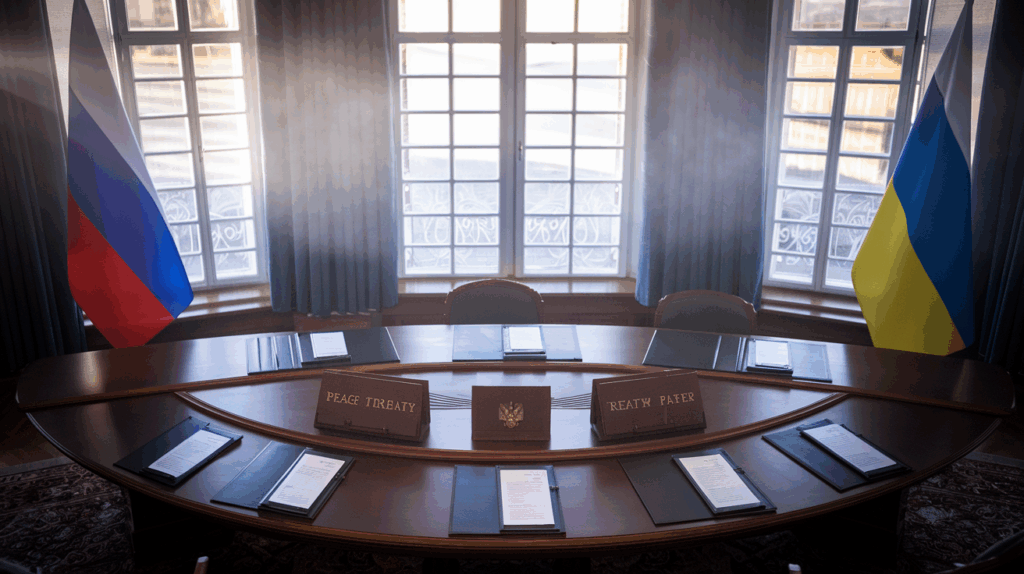
International Involvement and Perspectives
The Istanbul talks have attracted significant international attention, with the U.S. sending a delegation led by Secretary Rubio. Notably, this delegation won’t hold high-level meetings with Russian officials, reflecting President Trump’s skepticism about Putin’s commitment to peace without his direct involvement. German Chancellor Merz has simultaneously criticized Russia’s approach and announced new sanctions, further pressuring Moscow.
Turkey’s President Erdogan continues his role as mediator, facilitating dialogue amid complex geopolitical tensions. This builds on Turkey’s previous efforts hosting Russian-Ukrainian delegations in March 2022. The lower-level Russian delegation at the current talks has reinforced concerns among Western powers about the Kremlin’s genuine interest in achieving a peaceful resolution to the Russia-Ukraine conflict.
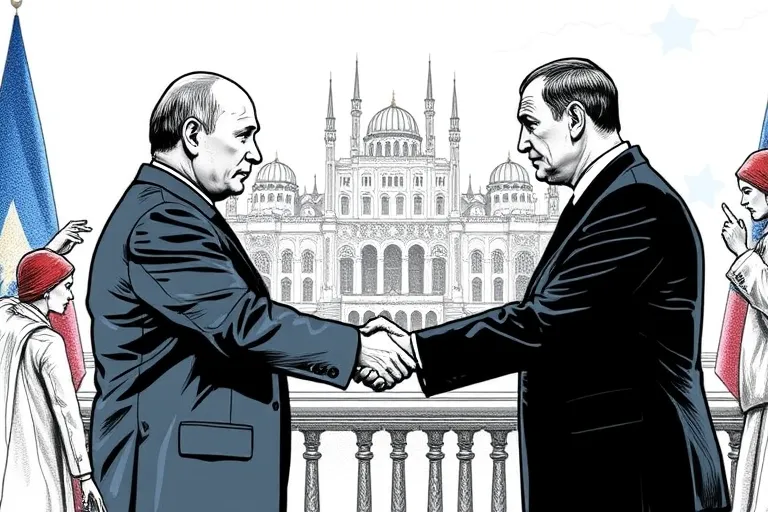
The Istanbul talks represent a critical moment in the Russia-Ukraine conflict, offering the first direct diplomatic engagement in three years. While both sides have articulated their positions – with Ukraine emphasizing its readiness for “a complete and unconditional ceasefire” and Russia maintaining its narrative – the absence of Presidents Zelensky and Putin highlights the preliminary nature of these discussions. International involvement, particularly from Turkey as chair and the United States as an observer, demonstrates the global significance of finding a path to peace.
Conclusion: As these negotiations continue to unfold, skepticism remains both among Ukrainian citizens and international observers about the potential for immediate breakthroughs. The ongoing attacks amid peace talks underscore the complexity of the situation. What’s truly at stake extends beyond immediate military concerns to the future of European security architecture, international norms regarding territorial integrity, and the lives of millions affected by this conflict. The path forward will likely require continued diplomatic engagement, international pressure, and eventually, direct high-level talks between the principal leaders.
LATEST
-
The Ultimate Guide to Organizers Heaven Finds in Amazon
Designer Circa 09′ Dreaming of a kitchen that’s both functional and visually appealing? You’re…
-
More Than a Speeding Ticket, They Could Take Your Automobile
Picture this: You’re cruising down a Florida highway, the wind in your hair, and…
-
Buckle Up and Look Up: The EV That’s Driving Upside Down
The Incredible World of Formula One Downforce Hey there, car enthusiasts! Have you ever…
-
Unearthing Amazon’s Hidden Gems (Up to 80% Off!)
Hey Fellow deal hunters! Let’s be real, who doesn’t love the thrill of snagging…
-
The ‘Rich Mom’ Illusion: How to Turn $100 into a Million-Dollar Wardrobe
Hamptons You gaze upon images of celebrities, their effortless style radiating a quiet confidence.…

